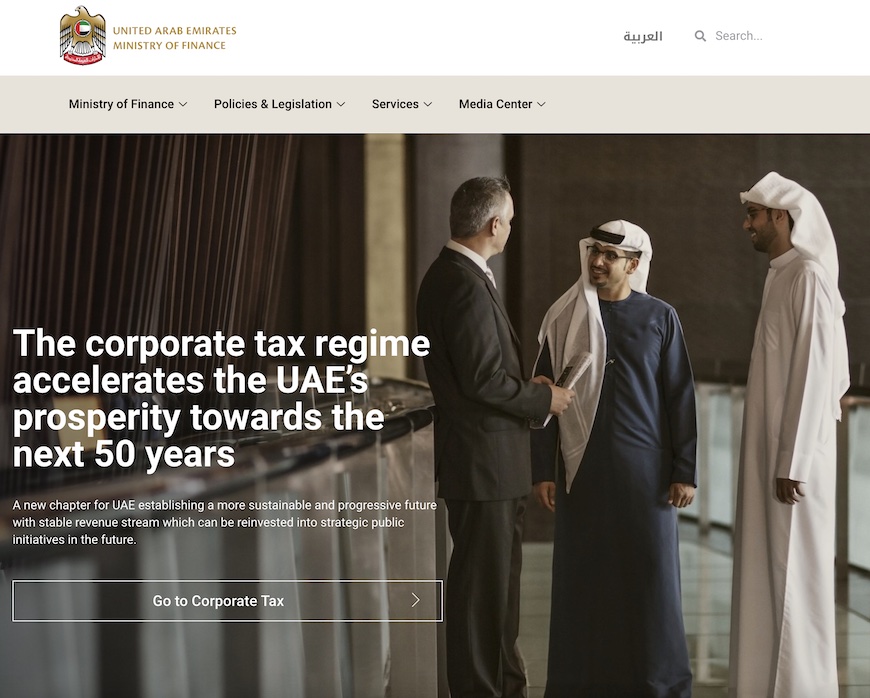Expert Answers to 5 Essential Questions About UAE Corporate Tax
The UAE’s bold move to introduce corporate tax as part of its revenue diversification strategy has sparked curiosity and raised several crucial inquiries. Nimish Goel, Partner at WTS Dhruva Consultants, an expert in the field, sheds light on the intricacies of this groundbreaking initiative.
Navigating the Implementation Challenges
Every new tax endeavor comes with its set of challenges, but timely tax regulations have played a pivotal role in smoothing the process. As corporate tax (CT) becomes a reality, businesses must grasp its implications. Key awareness seminars by the Ministry of Finance / FTA play a crucial role in ensuring all stakeholders are well-informed.

CT law contains provisions that might be open to interpretation, leading to the need for private clarifications to ensure tax certainty. Companies are eagerly awaiting these clarifications before diving into the implementation phase. Ensuring seamless integration with accounting systems is also of utmost importance during this phase.
The Race to Meet Tax Requirements
The introduction of UAE’s CT law followed a methodical approach, enabling corporates to assess its potential impact. Proactive groups that conducted impact assessments earlier in the year are now ahead of the game in meeting the CT requirements. However, those still in the early stages or just starting must prioritize this assessment, as the CT law will apply to most companies from January 1, 2024. Completing the impact assessment early allows for ample preparation time, leading companies to hire corporate tax specialists to ensure full compliance and readiness for the upcoming implementation.
Unraveling Corporate Tax Challenges
Among the myriad of challenges faced, companies must reorganize operations, maintain meticulous record-keeping, and implement changes in IT systems or ERP to accommodate the new tax regulations.
The realm of related party transactions is another focal point, demanding adherence to the arm’s length principle. Benchmarking these transactions, however, can prove daunting due to the scarcity of public corporate information. In light of this, the FTA’s proactive approach and involvement will likely bring further clarity in the weeks to come, ensuring a seamless introduction of Corporate Taxes.
Ushering in a New Era for the UAE Economy
The introduction of Corporate Tax (CT) in the UAE marks a significant step towards greater global integration, bolstering the nation’s image by shedding the no-tax jurisdiction perception. The enticingly low CT rates, ranging from 0% in free zones to 9% on the mainland, act as a magnet for increased foreign investments.
Moreover, the implementation of CT provides the government with a fresh revenue stream to support funding for infrastructure projects, offering a further boost to the thriving UAE economy.
UAE’s Competitive Edge Unaffected
Amidst these tax changes, the UAE remains a standout player among countries with low taxation rates. With a general CT rate of 9% (potentially 15% for large MNEs) and a 5% VAT rate, the nation’s advantageous tax landscape remains intact. Add to that the allure of 0% CT on qualifying income in free zones, participation exemption, a robust network of Double Tax Treaties, and more – the UAE’s economy stands strong and continues to be a force to be reckoned with.
